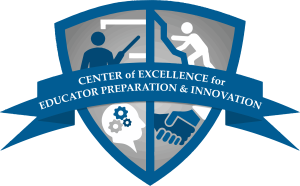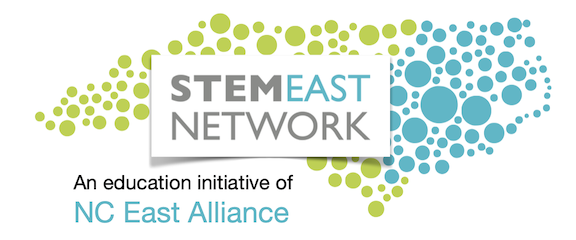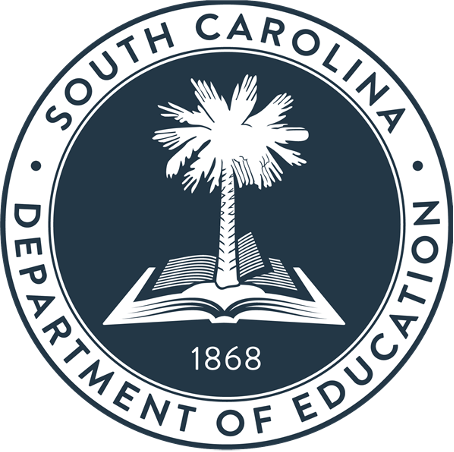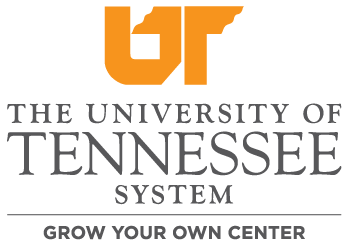Partners

Center for Educator Preparation and Innovation (EPI Center)
The Center for Educator Preparation and Innovation (EPI Center) offers personalized pathways to develop teachers as EPI Educators, uniquely well-prepared to “teach to each” in underserved schools and communities. Our partnership supports the Center’s leadership team and staff in strategic planning, impact assessment and continuous improvement of the Center’s initiatives, and implementation of competency-based preparation programs.

Propel (Formerly Ed Farm) and Modiv EDU
Mira Education supports Propel Education in its work to design an online learning system aligned to national standards for micro-credentials and competency-based learning. Mira Education’s ongoing partnership will build on the accessibility and visibility of these micro-credentials in several states in 2025-26, with an emphasis on supporting educator professional growth in underserved communities and school districts.

NC East Alliance/STEM East
Mira Education supports the NC East Alliance and STEM East in designing a sustainable and effective regional network and ecosystem for STEM teaching and learning throughout its 29 districts. In partnership with STEM East, Mira Education will design a sustainable coaching model to provide embedded support to schools seeking to become STEM Schools of Distinction or leverage the regional Industries in Schools effort. This effort will create a roadmap for how schools can increase engagement within the broader STEM East network over the coming years.

South Carolina Department of Education (SCDE)
The SCDE has partnered with Mira Education to design, implement, and scale its model for collective leadership for participating schools. Over the last seven years, Mira Education has provided ongoing support to the statewide Collective Leadership Initiative (CLI), including implementation of learning modules, development of collective leadership practices, and analysis of data collected to inform strategy design. As a direct result, more than 90% of educators in CLI schools report confidence in seeing themselves as leaders capable of narrowing achievement gaps, building collective efficacy, and maximizing resources at their schools.

Tennessee Grow Your Own Center (TN GYO)
Mira Education is a network development partner to the TN GYO Center in supporting Lead Mentors, who in turn support mentors of participants in a teacher-registered apprenticeship program (T-RAP). Through this partnership, our team is helping address teacher pipeline challenges while also supporting leadership development.

University of Maryland (UMD)
Mira Education partnered in the School Improvement Leadership Academy housed at the University of Maryland’s Center for Education Improvement and Innovation (CEII). Working in collaboration with CEII and Learning Forward, Mira Education supported participating principals and assistant principals in three states to demonstrate growing competencies to lead improvement, instruction and other areas in their schools. This effort ultimately accelerated personalized pathways to leadership development and retention, as well as boosted impact of school improvement efforts.

University of South Carolina College of Education
Mira Education’s ongoing partnership with the College of Education at the University of South Carolina (USC) directly supports CarolinaCrED in delivering a range of customized supports in personalized professional learning design and implementation for SC learners and leaders; the Carolina Collaborative for Alternative Preparation (CarolinaCAP) in its implementation of a high-quality alternative pathway into teaching; and the Writing Improvement Network in the production of on-demand modules focused on a distinct competency related to the teaching of writing.
The innovative collaboration of this work has helped USC recruit more than 300 teaching applicants in CarolinaCAP’s pipeline who are eager to “chart a personalized pathway to learn and demonstrate competency in content and pedagogy” through the use of more than 200 micro-credentials (produced by USC with Mira Education’s support), as well as four successful campaigns to tell the personal stories of SC teachers to inform others about their unique experiences from preparation to practice.
This partnership is a model for other colleges and universities who are interested in pursuing expansion of innovative practices to address the shifting demands of teacher recruitment, preparation, and retention, as well as strengthening the role and efficacy of alternative pathways to teaching in various states.